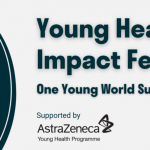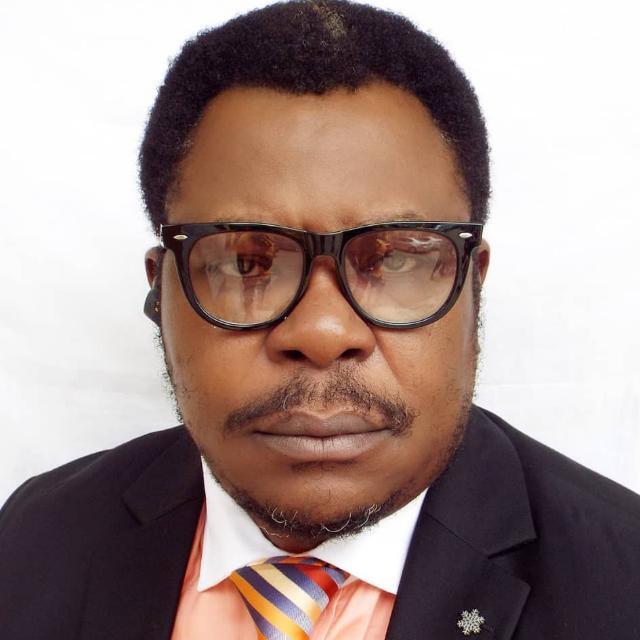The Isa Kaita College of Education, Dutsinma, in partnership with the UNICEF Kano Field Office, has unveiled a plan to train at least 20,000 youths across Katsina State in artificial intelligence. The initiative is expected to boost digital literacy and ensure young people, including out-of-school children, are prepared for the demands of a rapidly changing technological world.
Speaking at the launch of the programme in Katsina on Monday, UNICEF’s focal person at the college said the training had already commenced with 700 lecturers, teachers, and facilitators. The aim is to equip them with AI knowledge, which they will in turn transfer to students and other learners in schools across the state.
According to him, some coordinators have already been trained to oversee the programme, while 10 technical teams, earlier trained in Kano, will support the rollout across different centres. Each participating teacher or lecturer is expected to train and monitor no fewer than 40 learners, who will eventually receive certificates upon completion.
A facilitator on the project, who is also a technical member of the state’s generative AI team, stressed that the training was timely. He noted that while artificial intelligence is becoming a powerful tool globally, young people must be guided to use it responsibly. He warned that without proper education, the misuse of AI could pose risks to society in the future.
The programme offers three levels of learning: the Generative AI Foundation, Generative AI Medium, and Generative AI Master. Participants who complete the courses successfully will receive globally recognised certificates issued by Microsoft Corporation in collaboration with the Federal Ministry of Education.
Currently, other groups of trainees are also undergoing similar training in CBT centres across the state, particularly to handle out-of-school children.
One of the participants, a Guidance and Counselling Master at Government Girls Secondary School Tsagero, described the training as transformative. He said it had exposed him to new approaches in lesson planning, classroom administration, and student engagement. With these tools, he added, teaching and learning would take on a new level of effectiveness across schools in the state.
By targeting teachers, lecturers, and facilitators first, the Isa Kaita College and UNICEF hope to create a multiplier effect, spreading AI knowledge across thousands of youths and positioning them for future opportunities in education, work, and entrepreneurship.










